Karsandas Mulji was a journalist who took on the Pushtimarg sect in a legal case, which even earned PM Modi's praise. His biopic Maharaj stars Junaid Khan, son of Aamir Khan
Last Friday, Netflix snuck up the release of Aamir Khan’s son Junaid’s debut film Maharaj. The film was releasing on the platform without any promotion. There was no trailer, no teaser, no interviews, just an announcement poster. But just before the release, the film was blocked by the Gujarat High Court after protests from Hindu outfits. The film’s controversy aside, it is inspired by a real case from over 160 years ago – the Maharaj Libel Case, considered one of the most important in Indian legal history. Junaid plays a character based on Karsandas Mulji, a pioneering activist and journalist.
Who was Karsandas Mulji, a journalist praised by PM Narendra Modi
Born in 1832 in Gujarat, Karsandas Mulji was in a merchant family. As a youngster, he visited London as part of his family’s business before moving to Bombay in the 1850s. There, he began writing for Rast Goftar and Stribodh magazines. But since these were limited to Parsi readers, Mulji founded a Gujarati weekly named Satyaprakash with the help of Mangalbhai Naththubhai. A progressive thinker, Mulji attacked social, religious customs and practices, apart from addressing issues like female education and excessive spending in weddings.
In 2010, Narendra Modi, in his capacity of Gujarat CM then, had praised Mulji. “Social reformist and journalist Karsandas Mulji's newspaper too was titled Satya-Prakash. Gujarat has accepted the path of truth as its weapon to fight all forms of injustice, neglect and against those who try to defame us. Saanch ne ave na Aanch, Satya Chhapre Chadi ne Pokarshe, Satya No Jay (There is no ignominy in speaking the truth. Truth will out. Truth triumphs),” PM Modi had said in his Independence Day address in 2010.

Karsandas Mulji’s fight against the Pushtimarg sect
In 1861, Mulji wrote an article titled Hinduo No Asli Dharam Ane Atyar Na Pakhandi Mato (lit. 'The True/Original Religion of the Hindus and the Present Hypocritical/phoney Opinions'). The article questioned the values of the Pushtimarg sect, also known as the Vallabhacharya Sampradaya. He alleged that the sect’s chief Jadunathji Maharaj coerced followers into offering their wives to him for sexual relations. The sect and the Maharaj filed a libel (defamation) case against Mulji and his newspaper in the Bombay High Court. The case became a national sensation and came to be known as the Maharaj Libel Case. After hearing testimonies of 64 witnesses over six weeks, the court rules in Mulji’s favour, saying that he was only doing his duty as a journalist and had exposed the misdeeds of the religious leader.
Mulji was hailed as a reformer by the press and his fight was praised by liberals as well, with many calling him the ‘Indian Luther’ in reference to the Christian reformer Martin Luther. By 1862, Mulji had left journalism after shutting down Satyaprakash. In 1874, he was appointed as an administrator of a princely state in Kathiawar. He died there the following year at the age of 43.
The DNA app is now available for download on the Google Play Store. Please download the app and share your feedback with us.
![submenu-img]() After his arrest in murder case, Darshan lands in more legal trouble; Kannada star will now be charged for...
After his arrest in murder case, Darshan lands in more legal trouble; Kannada star will now be charged for...![submenu-img]() DNA TV Show: Who is the mastermind of alleged NEET-UG paper leak?
DNA TV Show: Who is the mastermind of alleged NEET-UG paper leak?![submenu-img]() Meet man who gets Rs 12.50 crore salary, runs Rs 318000 crore company backed by Ratan Tata
Meet man who gets Rs 12.50 crore salary, runs Rs 318000 crore company backed by Ratan Tata![submenu-img]() Neeraj Chopra wins gold in javelin at Paavo Nurmi Games 2024 with throw of...
Neeraj Chopra wins gold in javelin at Paavo Nurmi Games 2024 with throw of...![submenu-img]() 'Modi ji won't be intimidated': Taiwan after China objects to ties with India
'Modi ji won't be intimidated': Taiwan after China objects to ties with India![submenu-img]() Meet man who cracked NEET-UG at 50 but there is a twist...
Meet man who cracked NEET-UG at 50 but there is a twist...![submenu-img]() Meet IIT-JEE topper, went to IIT Bombay with AIR 1, got job with Rs 70 lakh salary, left it to become a…
Meet IIT-JEE topper, went to IIT Bombay with AIR 1, got job with Rs 70 lakh salary, left it to become a…![submenu-img]() 'If there is 0.001% negligence on the part of anyone it...': SC issues notices to NTA, Centre over NEET-UG
'If there is 0.001% negligence on the part of anyone it...': SC issues notices to NTA, Centre over NEET-UG ![submenu-img]() Meet doctor who cracked UPSC exam, became IAS officer but resigned after seven years due to...
Meet doctor who cracked UPSC exam, became IAS officer but resigned after seven years due to...![submenu-img]() NEET-PG 2024 admit card to be released today; check steps to download
NEET-PG 2024 admit card to be released today; check steps to download ![submenu-img]() DNA Verified: Did Kangana Ranaut party with gangster Abu Salem? Actress reveals who's with her in viral photo
DNA Verified: Did Kangana Ranaut party with gangster Abu Salem? Actress reveals who's with her in viral photo![submenu-img]() DNA Verified: New Delhi Railway Station to be closed for 4 years? Know the truth here
DNA Verified: New Delhi Railway Station to be closed for 4 years? Know the truth here![submenu-img]() DNA Verified: Did RSS chief Mohan Bhagwat praise Congress during Lok Sabha Elections 2024? Know the truth here
DNA Verified: Did RSS chief Mohan Bhagwat praise Congress during Lok Sabha Elections 2024? Know the truth here![submenu-img]() DNA Verified: Is CAA an anti-Muslim law? Centre terms news report as 'misleading'
DNA Verified: Is CAA an anti-Muslim law? Centre terms news report as 'misleading'![submenu-img]() DNA Verified: Lok Sabha Elections 2024 to be held on April 19? Know truth behind viral message
DNA Verified: Lok Sabha Elections 2024 to be held on April 19? Know truth behind viral message![submenu-img]() Triptii Dimri sets the internet on fire in black bikini in beachside photos, fans say 'bhabhi bani baby'
Triptii Dimri sets the internet on fire in black bikini in beachside photos, fans say 'bhabhi bani baby'![submenu-img]() In pics: Ananya Panday dazzles in shimmery green mini dress, poses with Gwyneth Paltrow at Swarovski event in Milan
In pics: Ananya Panday dazzles in shimmery green mini dress, poses with Gwyneth Paltrow at Swarovski event in Milan![submenu-img]() In pics: Sonakshi Sinha's black-themed bachelorette with Huma Qureshi, Zaheer Iqbal's secret bachelor party
In pics: Sonakshi Sinha's black-themed bachelorette with Huma Qureshi, Zaheer Iqbal's secret bachelor party ![submenu-img]() From Jawan to Munjya, 5 films that showcased exceptional VFX and ruled box office recently
From Jawan to Munjya, 5 films that showcased exceptional VFX and ruled box office recently![submenu-img]() In pics: Raghubir Yadav, Chandan Roy celebrate success of Panchayat season 3 with TVF founder Arunabh Kumar, cast, crew
In pics: Raghubir Yadav, Chandan Roy celebrate success of Panchayat season 3 with TVF founder Arunabh Kumar, cast, crew![submenu-img]() DNA Explainer: What is Kafala system that is prevalent in gulf countries? Why is it considered extremely brutal?
DNA Explainer: What is Kafala system that is prevalent in gulf countries? Why is it considered extremely brutal? ![submenu-img]() Lok Sabha Elections 2024: What are exit polls? When and how are they conducted?
Lok Sabha Elections 2024: What are exit polls? When and how are they conducted?![submenu-img]() DNA Explainer: Why was Iranian president Ebrahim Raisi seen as possible successor to Ayatollah Khamenei?
DNA Explainer: Why was Iranian president Ebrahim Raisi seen as possible successor to Ayatollah Khamenei?![submenu-img]() DNA Explainer: Why did deceased Iranian President Ebrahim Raisi wear black turban?
DNA Explainer: Why did deceased Iranian President Ebrahim Raisi wear black turban?![submenu-img]() Iran President Ebrahim Raisi's death: Will it impact gold, oil prices and stock markets?
Iran President Ebrahim Raisi's death: Will it impact gold, oil prices and stock markets?![submenu-img]() After his arrest in murder case, Darshan lands in more legal trouble; Kannada star will now be charged for...
After his arrest in murder case, Darshan lands in more legal trouble; Kannada star will now be charged for...![submenu-img]() Darshan arrest: Pavithra Gowda, co-accused seen smiling during investigation, furious netizens say 'no regret, no guilt'
Darshan arrest: Pavithra Gowda, co-accused seen smiling during investigation, furious netizens say 'no regret, no guilt'![submenu-img]() Meet Captain GR Gopinath, inspired Akshay Kumar's Sarfira, served in Indian Army, founded India's first low-cost airline
Meet Captain GR Gopinath, inspired Akshay Kumar's Sarfira, served in Indian Army, founded India's first low-cost airline![submenu-img]() Justin Timberlake arrested for drunk driving in New York, details inside
Justin Timberlake arrested for drunk driving in New York, details inside![submenu-img]() The Iron Claw review: Brilliant cautionary tale of parental pressure; and a tribute to wrestling's most 'cursed' family
The Iron Claw review: Brilliant cautionary tale of parental pressure; and a tribute to wrestling's most 'cursed' family ![submenu-img]() Country with most number of pyramids, it's not Egypt
Country with most number of pyramids, it's not Egypt![submenu-img]() Mukesh Ambani, Nita Ambani's son Anant Ambani and Radhika Merchant's wedding festivities to start on...
Mukesh Ambani, Nita Ambani's son Anant Ambani and Radhika Merchant's wedding festivities to start on...![submenu-img]() Glaring safety innovation: Finland adopts reflective coating on reindeer antlers to curb road collisions
Glaring safety innovation: Finland adopts reflective coating on reindeer antlers to curb road collisions![submenu-img]() Viral video: Elephant calves sleep under ‘Z++ security’ as herd protectively stands guard
Viral video: Elephant calves sleep under ‘Z++ security’ as herd protectively stands guard![submenu-img]() This man owned Rs 248 crore necklace, first Indian to buy airplane, was wealthier than Mukesh Ambani, Ratan Tata...
This man owned Rs 248 crore necklace, first Indian to buy airplane, was wealthier than Mukesh Ambani, Ratan Tata...



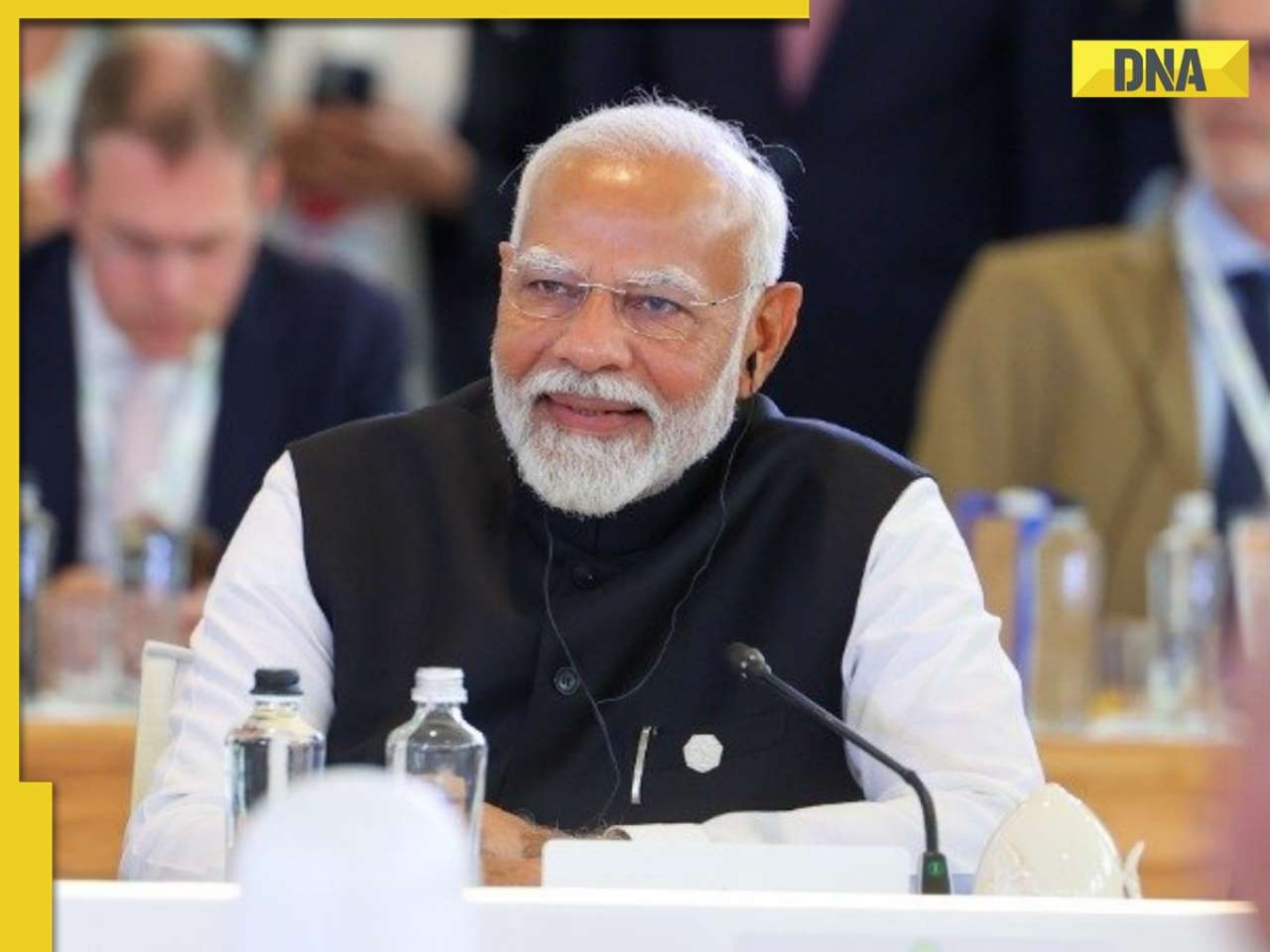



















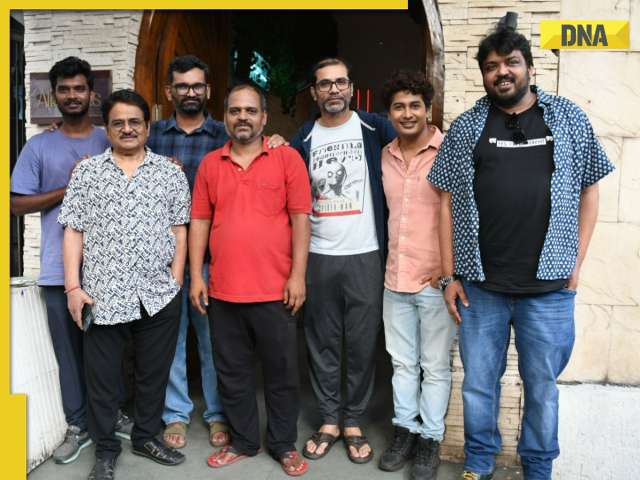









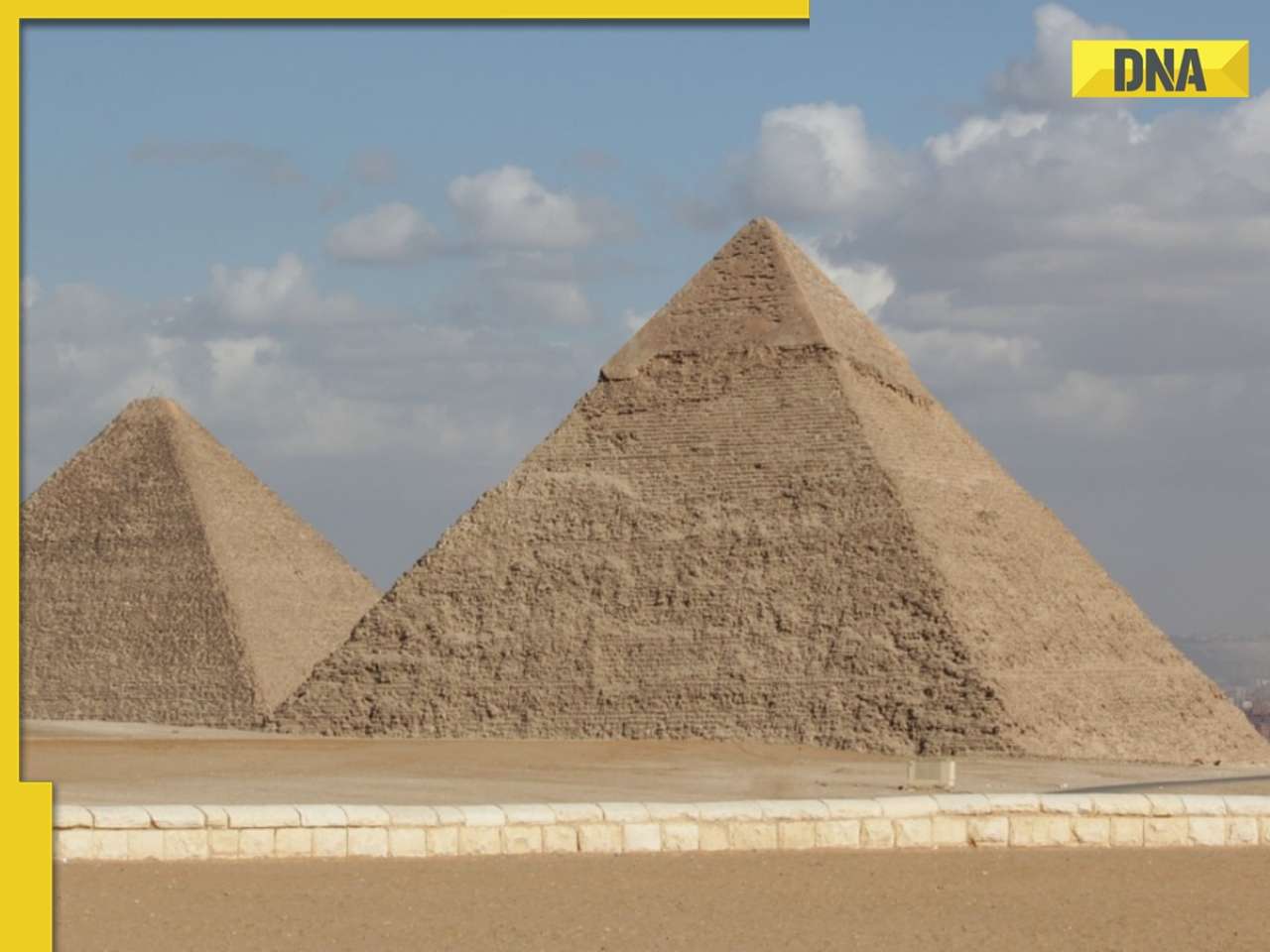



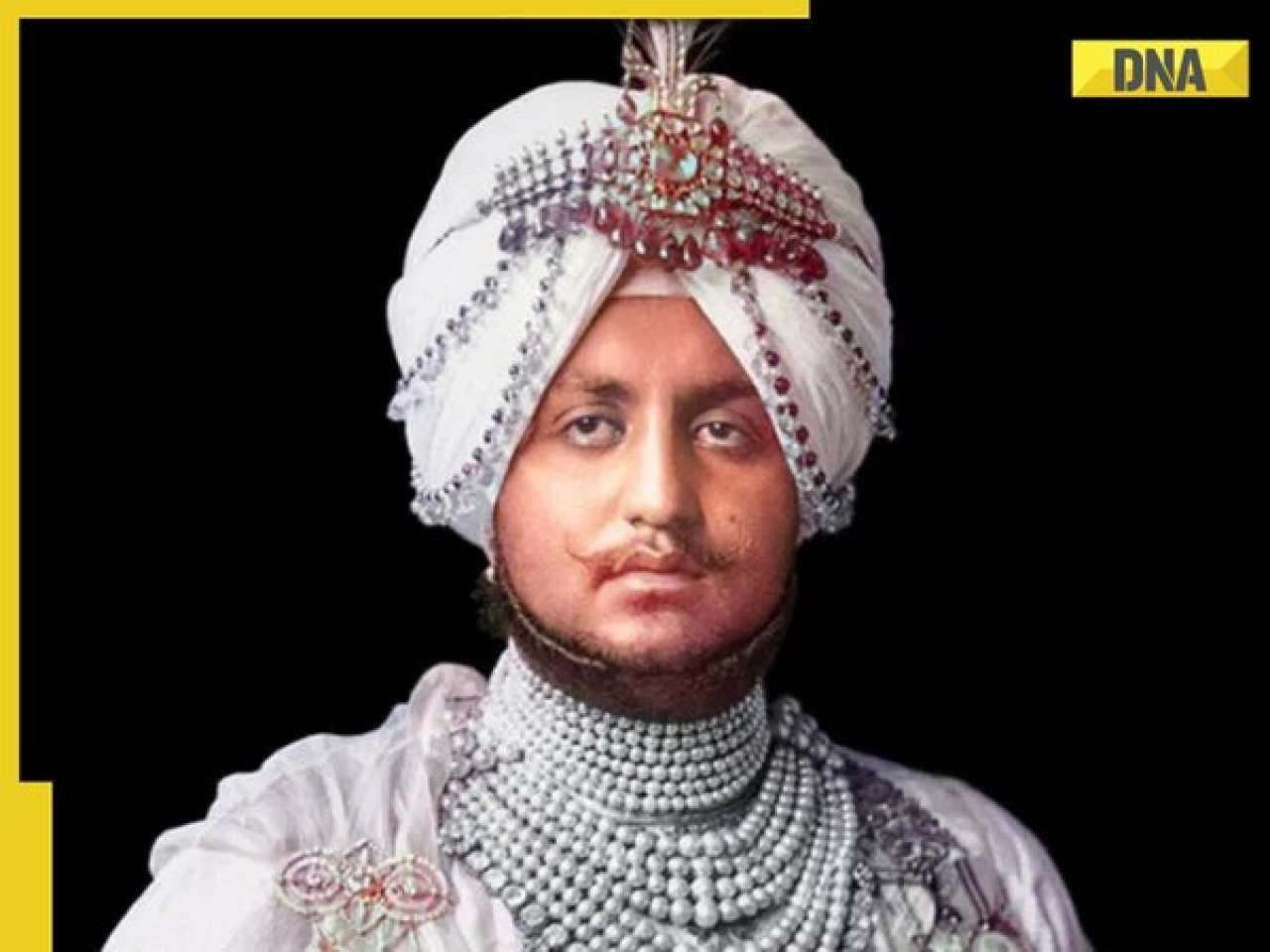

)




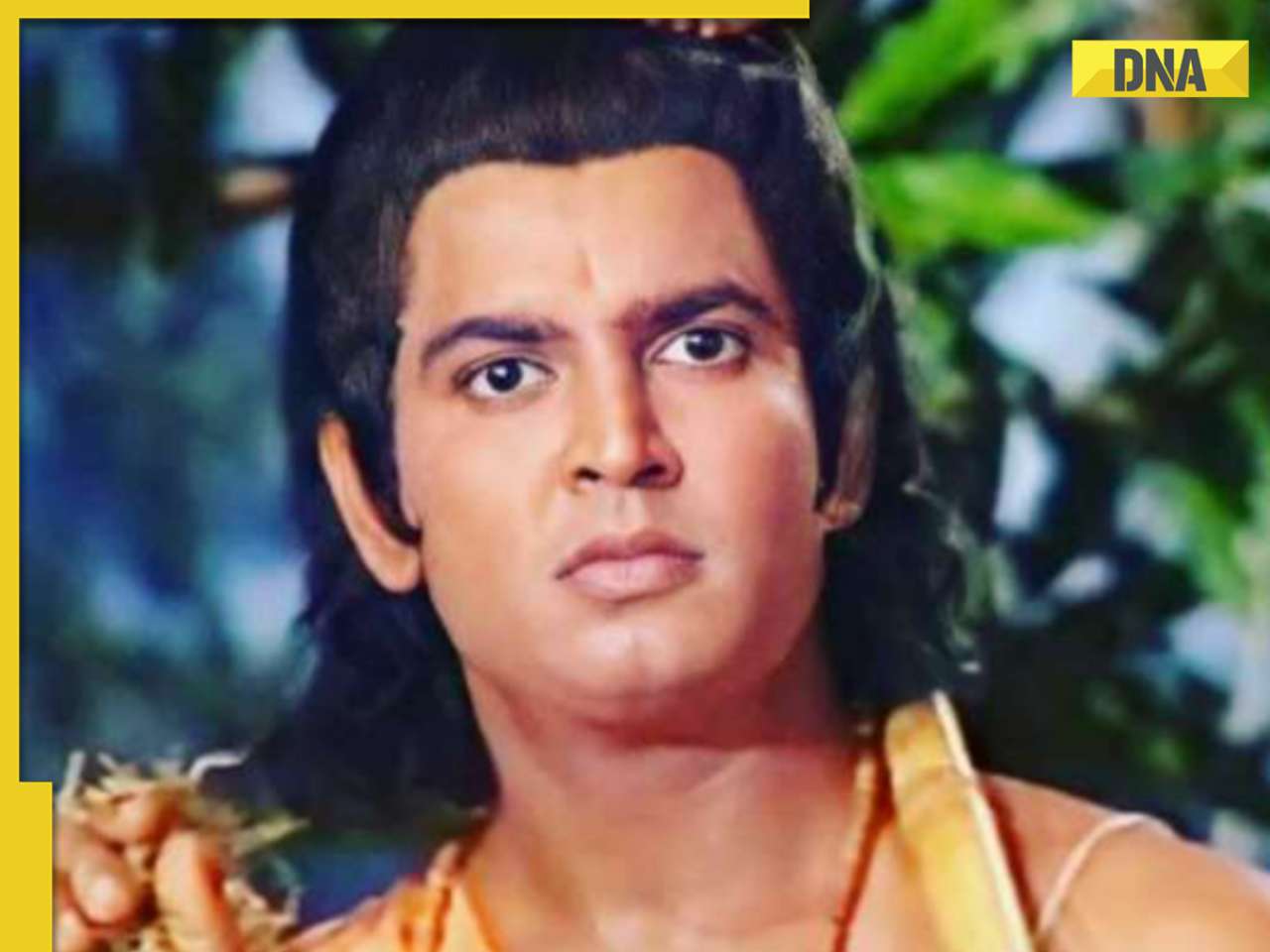




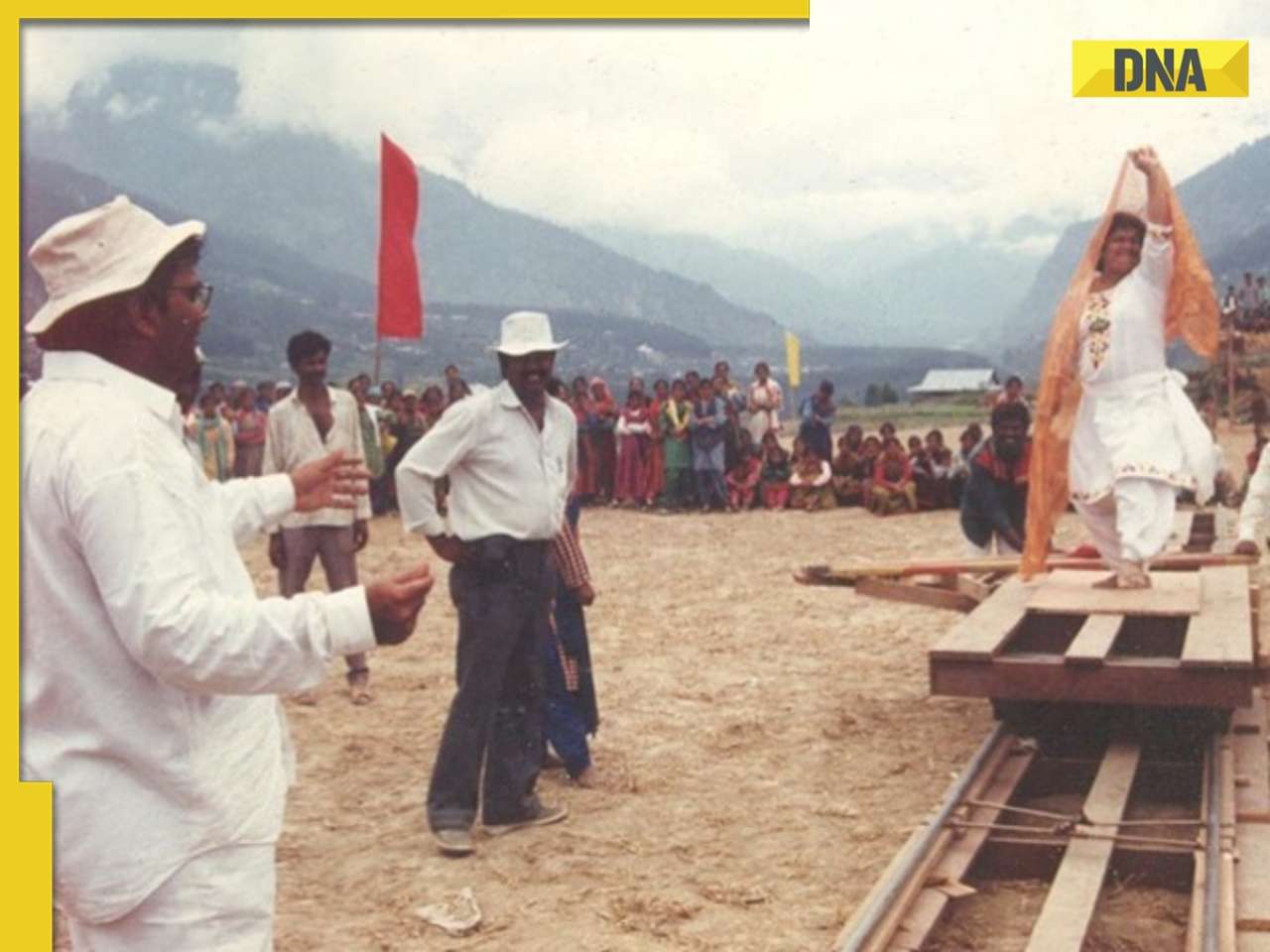




)




)
)
)
)
)
)